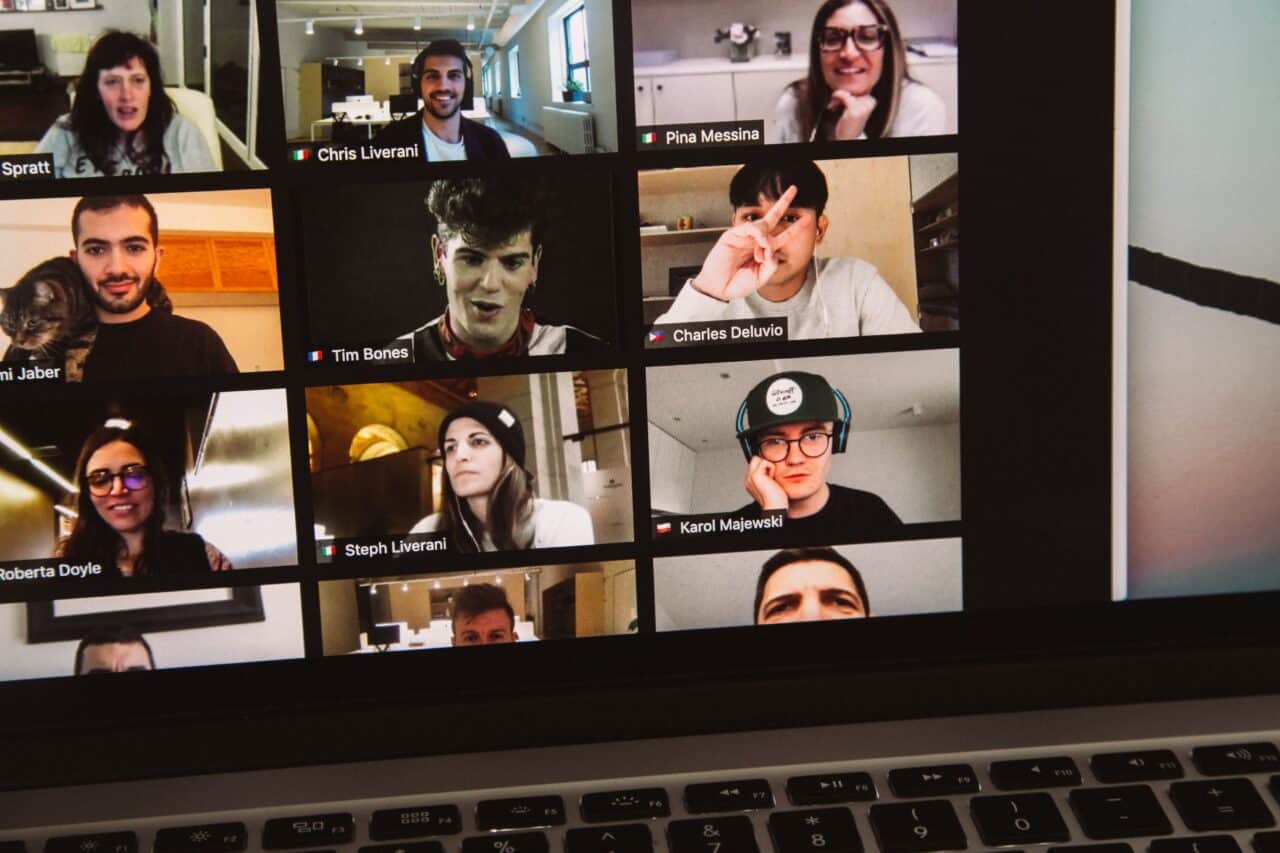Table of Contents

Lessons from the tumultuous times of 2020 have so far proven the advantages of technology far beyond what we could have predicted before the global coronavirus pandemic struck. Here are a few ways technology has made some pretty impactful adjustments to our new normal:
Virtual Meetings & Home Based Learning
By this time, it is safe to say everyone has heard of the video conferencing company, Zoom. Zoom rose rapidly as the number one video conferencing platform internationally, with the total number of users shooting up to 200 million just in March 2020 alone. That number is up from 10 million in December 2019.
Zoom has been hailed as the top video conferencing platform globally. In many countries like Singapore and the United States, schools have even adopted Zoom as their platform choice for online learning as well.
Technology has allowed us to continue working, learning and educating from our own homes, maintaining an aspect of normalcy as the world reacts to Covid-19.
Food Delivery
With social gatherings and dining in being banned intermittently, hearing your doorbell ring has never been so exciting. The food delivery business has seen booming success as everyone adopts the habit of ordering in.
On the positive side of things, eating your favourite go-to meal in your comfy pyjamas with your favourite tv show on the television has never been more ideal.
Food delivery has allowed the food industry –and those looking for a temporary job– to survive these trying times. It has also caught the eyes of social media users with new technological ways to deliver food, like drone food delivery and food robots.

Contact Tracing
Once news was out that Covid-19 is seriously contagious, governments all around scrambled to try and limit social gatherings. They then urged people that had come into close contact with Covid-19 positive patients to stay at home and quarantine.
Countries that have recovered well from the initial first wave have cited the benefits of technology to trace those that have been in contact with Covid-19 positive persons. In South Korea, the country’s government has piloted a technology-reliant programme that logged in everyone’s movements to help contain any possible second spread. South Korea implemented QR-code scan-in entries, health tracking phone applications and a high-tech remote contact centre, and has been a great help to other countries following the footsteps for South Korea’s contact tracing programmes.
Covid-19 Medical Responses
All around the world, people have taken on technological projects that have helped ease the logistical pressure on the healthcare industry. 3D printing has helped ease and streamline the production of masks. And technology has allowed people to create cheaper and faster alternatives to ventilators, when shortages arose and they were most needed.
In a year of anxiety, technology seems to be a bright light that has allowed us all to remain connected from distances apart. Platforms like YouTube, TikTok, Zoom, Facebook and many more have allowed us to care and show concern for our loved ones who might not be near us for the time being. Technology may be speeding ahead faster than we can keep up with, but it also comes with some pretty great benefits during this odd and uncertain year.
This article does not constitute legal advice.
The opinions expressed in the column above represent the author’s own.
Start managing your legal needs with Zegal today
READ MORE: How to Strengthen Relationships With Clients During Uncertain Times
EBOOK: 5 Ways Technology Is Transforming Business
About Author

Celestine Loh
Celestine Loh is a graduate of Singapore Management University with a double major in Politics, Law & Economics and Communications Management. She brings a robust understanding of business strategy, communications, and organizational development. With professional experience in strategic planning, client portfolio management, and cross-industry SME engagement, Celestine has contributed to projects involving ESG frameworks, corporate partnerships, and business analytics. Her expertise lies in bridging insights from economics and law to drive practical solutions for businesses in diverse sectors.





